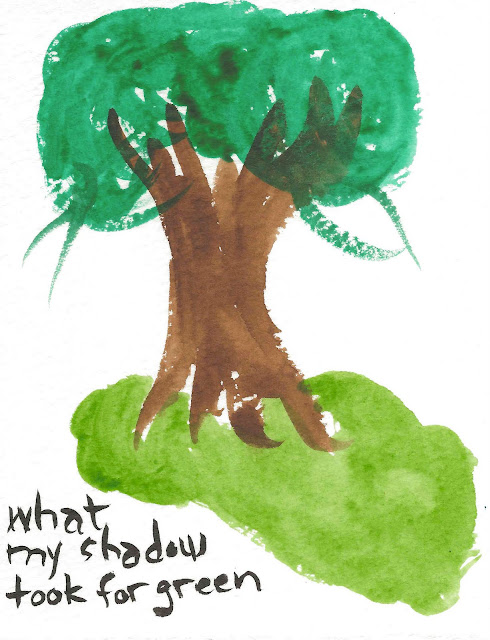112. Muscles, for One
the smoke | of the fire
as the flavor | from the heat
the simple | application
of fire | against a food
in that | careful manner
provides the | transfor
mation of | the food
stressed by | heat to
provide another | version
of itself | to taste
because a food | is not
of one flavor | monotonous
it modulates with | heat
herb | the manner of
cutting | time | spice
the expansion | of scent
into air | across the
room | held in the
cup of a spoon | to the nose
to presage | the tongue
the muscle | makes the meal
not the flesh | of the beast
dead | and drained of blood
but the muscle of | the man
in the preparation | of
the muscle | prepared
by hours of cutting | to feel
how to dice | where to slice
when crushing | releases
best the | scent and taste
of food | which is the
canvas | we cook with
the black shell | of the
mussel | steamed
with wine | and tarragon
enough salt | to entice
the tongue | to taste
how the garlic | engentled
yet endures | how bread
sops up | the juices thereof
yet a meal | is not
a making | but a taking
in | to the body
the bounty of | the earth
as small | or broad as
it might be for | any
one person | in their
particular place | with
their own | abundances
and emptinesses | for
to eat is | to feed the
body | for the mind
that makes | it work
and the taste| of
a single mussel’s brown
flesh | the bite into
it | the scent of fall
in the air | is not a
feeding of the body
but a wish | to live



Comments
Post a Comment